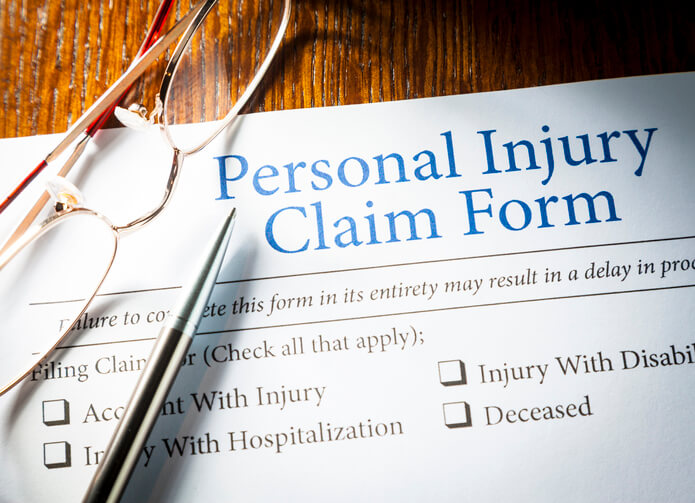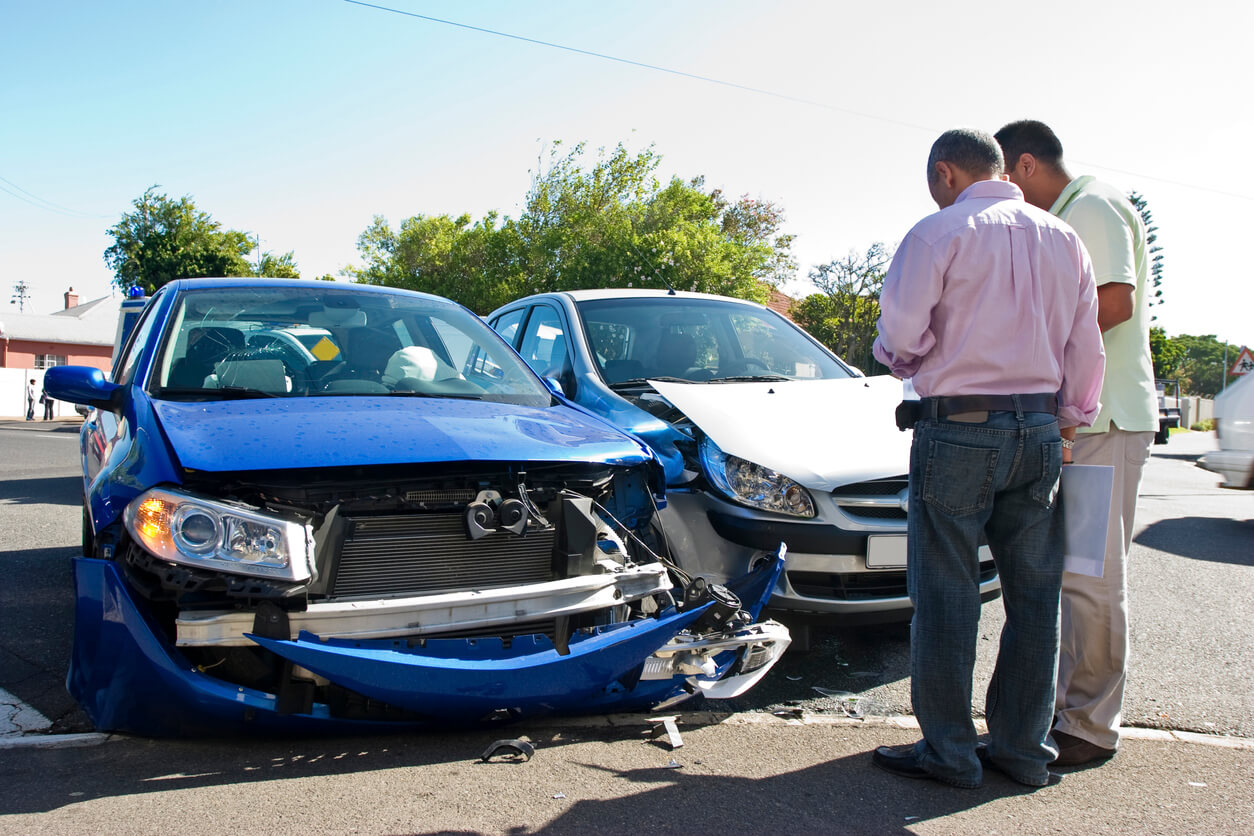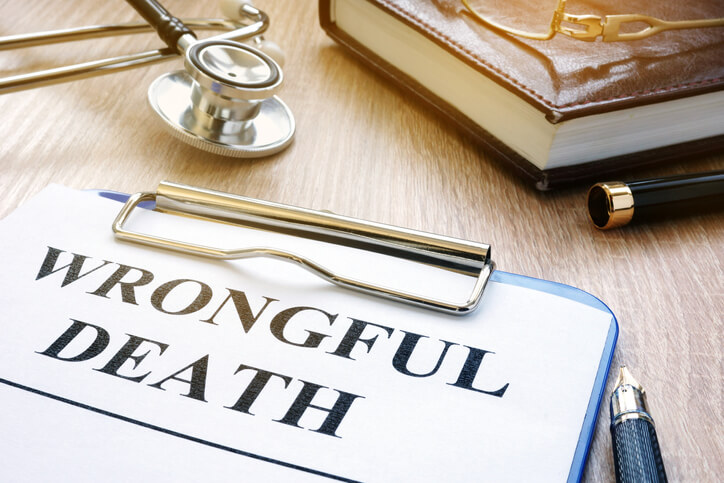Are you ready for Halloween fun? The weather is cooler, there are Fall festivities afoot, and the main event, trick or treat time, is just around the corner. Halloween seems to be getting bigger every year and we, for one, love to see it. With all the Halloween fun on the horizon, it is important to help ensure the good times roll by taking steps to keep every safe and injury free during this spooky season.
How to Stay Safe and Prevent Injury on Halloween
There are a number of things you can do to help stay safe and prevent injury this Halloween. With proper planning and vigilance, you can keep yourself and your family safe and enjoy all that this holiday has to offer. For starters, you can take a few costume considerations into account. For instance, visibility on Halloween can be critical to staying safe. Vehicles and others will be better able to see you and your children if your costumes involve some kind of bright or reflective clothing. Additionally, make sure a costume fits so that it is not too long which can easily lead to tripping. Hats and masks should allow for a clear field of vision and anytime you can avoid sharp accessories, such as swords or canes, it is probably going to be for the best.
At your home, you can help prepare for safe visits from trick-or-treaters. Clear your lawn of debris and tripping hazards, such as hoses, bikes, and more. Make sure your pets are properly restrained. Also, you should make sure your outdoor lights are working and replace any bulbs that may have burned out.
There is also a lot you can do to stay safe out there on your trick-or-treat journey. For starters, always accompany small children as they make their way house to house. If you have older kids that want to go off with friends, make a plan for them including when they should get home and where they will be trick or treating. Provide them with flashlights that will serve them well once the sun sets.
In making the rounds while trick or treating, being constantly aware of your surroundings is crucial. As much as possible, stay on well-lit streets. Always use sidewalks when available. Cross streets at marked sidewalks. Never assume a vehicle sees you and will give you the right of way. You should also take your cell phone with you for a quick means of communication. You can also make use of your phone’s flashlight once it gets dark.
Philadelphia Personal Injury Attorneys
The personal injury team at Cooper, Schall & Levy wants you to have a ton of safe fun this Halloween. These are just a few simple things you can do to help ensure everyone remains accident and injury free. If someone else is less than vigilant and you or a loved one is injured as a result of their negligence, come to us so that we can fight to enforce your legal rights. Contact us today.











